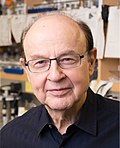| Year | Laureate | Country | |
|---|
| 1985 | 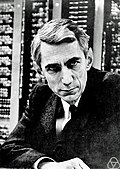 | Claude Elwood Shannon |  United States United States | 1916–2001 | Establishment of Mathematical Foundation of Information Theory [14] |
| 1989 | | Izrail Moiseevich Gelfand |  Soviet Union Soviet Union | 1913–2009 | Outstanding Contribution to Many Fields of Mathematical Sciences, Especially Pioneering Studies in Functional Analysis [15] |
| 1994 |  | André Weil |  France France | 1906–1998 | Broad Contribution to the Modern Mathematics, Especially through the Foundational Works in Algebraic Geometry and Number Theory [16] |
| 1998 | 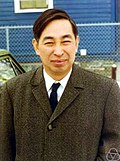 | Kiyoshi Itō |  Japan Japan | 1915–2008 | Fundamental Contribution to the Stochastic Analysis, through His Invention of Stochastic Differential Equations, Which Have Been Applied in Various Sciences [17] |
| 2002 |  | Mikhail Gromov |  France France | born 1943 | Contributions through dramatic developments in a range of mathematical fields by introducing the innovative method of a metric structure for families of various geometrical objects [18] |
| 2006 | | Hirotsugu Akaike |  Japan Japan | 1927–2009 | Major contribution to statistical science and modeling with the development of the Akaike Information Criterion (AIC) [19] |
| 2010 | 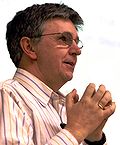 | László Lovász |  Hungary Hungary | born 1948 | Outstanding Contributions to Mathematical Sciences Based on Discrete Optimization Algorithms [20] |
| 2014 |  | Edward Witten |  United States United States | born 1951 | Outstanding Contributions to the Development of Mathematical Sciences through the Exploration of Superstring Theory [21] |
| 2018 |  | Masaki Kashiwara |  Japan Japan | born 1947 | Outstanding Contributions to a Broad Spectrum of Modern Mathematics: Advancement of D-module Theory from Its Foundation [22] |
| 2023 | 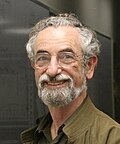 | Elliott H. Lieb |  United States United States | born 1932 | Pioneering Mathematical Research in Physics, Chemistry, and Quantum Information Science Based on Many-Body Physics [23] |


























